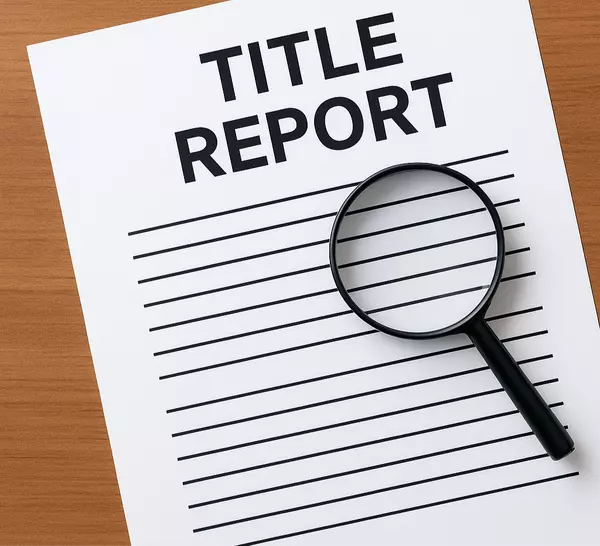Understanding Easements: What Are They and Why Do They Matter?

When buying a property, most people focus on location, price, and the condition of the home. However, one often-overlooked legal concept can significantly impact how you use your property: easements. Many buyers are unaware of how easements can affect property rights, future development plans, or ev
Read MoreIs Solar Worth It for Homeowners in 2025?

Pros & Cons from a Real Estate and Resale Value Perspective As energy prices climb and eco-consciousness grows, many homeowners in 2025 are asking:“Is solar worth the investment — especially if I plan to sell my home?” Let’s break down the real estate impacts, including pros, cons, and key resale co
Read MoreClimate Risk and Real Estate: What Buyers in California Need to Know

California’s real estate market has long been shaped by sun, surf, and stunning natural beauty—but increasingly, climate risk is playing a major role in where and how people buy homes. From wildfire-prone hillsides to low-lying coastal areas at risk of flooding, buyers need to be more informed than
Read More
Categories
Recent Posts










